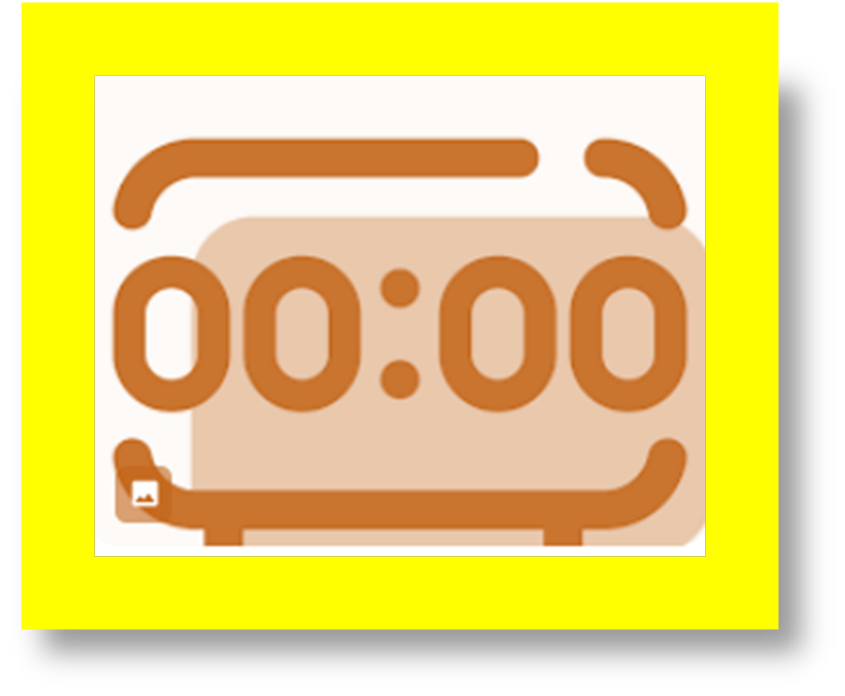Significance of picture reading and visual thinking skills for primary kids
- Lalit Kishore
- Sep 15, 2025
- 2 min read

Students at primary level, especially should be given experience, especially, at grade three, using picture-based or visual codes related questions related to the chapter to encourage storytelling from images or visual codes to build descriptive language and comprehension skills as follows. However, test the previous knowledge of student first by pointing out to part of the visual to draw attention and ask "What do you see?" or "What do you think is happening?" to start the visual thinking..
Ask questions to prompt observation of...
details of objects (shapes, colours, time, location and materials of objects)
people (age, character, attire and feelings of people), and
actions (characters' activities and setting)
Ask questions to describe the scene with simple sentences.
Ask questions related to the sequence of events
AI Overview of 'picture reading' informs the following aspects of such an experience
Build vocabulary: Teach and use words to describe objects, their location (e.g., "beside," "under," "in front of"), and actions.
Use simple sentences: Ask children to form meaningful, simple sentences to describe what they see. For example, "There is a dog," or "A cat is running".
Encourage storytelling: Help children create a simple story from the picture, focusing on the sequence of events (beginning, middle, and end).
Foster Higher-Order Skills: Ask "why" questions to encourage them to make inferences about characters' thoughts or the next events.
Build sequencing skills: Use pictures in a sequence to help children understand and remember the order of a story.
Encourage creative responses: Allow for creative answers but ensure they remain relevant to the details in the picture.
INSET COLLAGE SHOWS KIDS OF GRADE 3 EXPLAINING VISUAL NOTES OF A HINDI LESSON




Comments